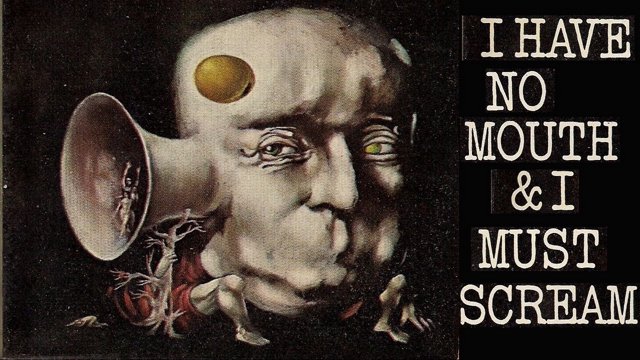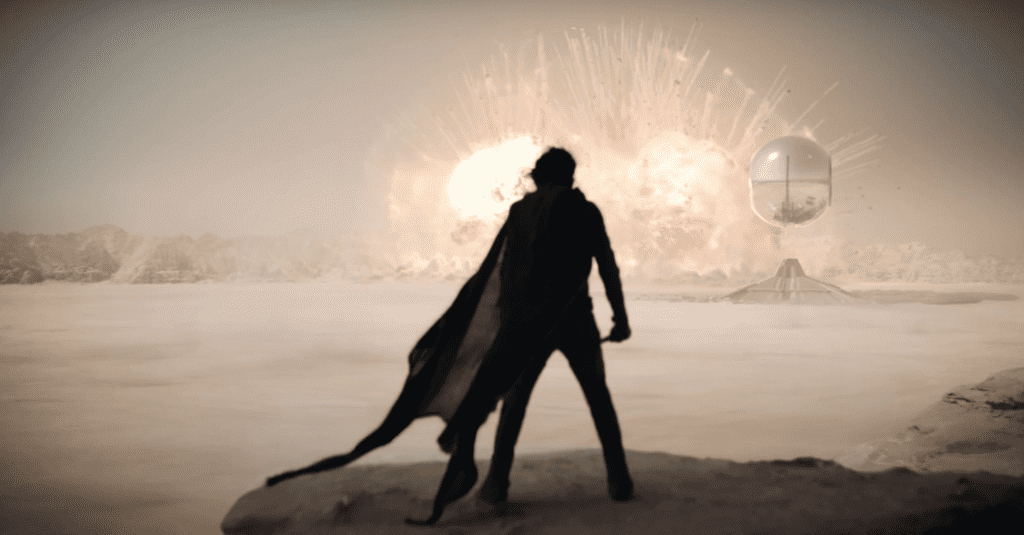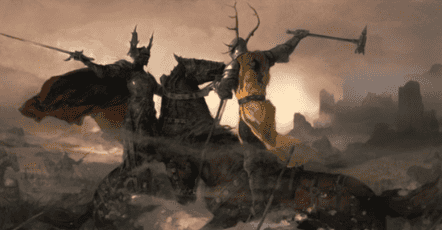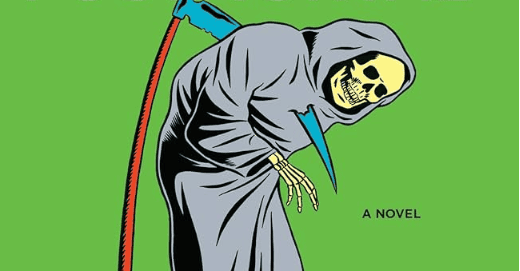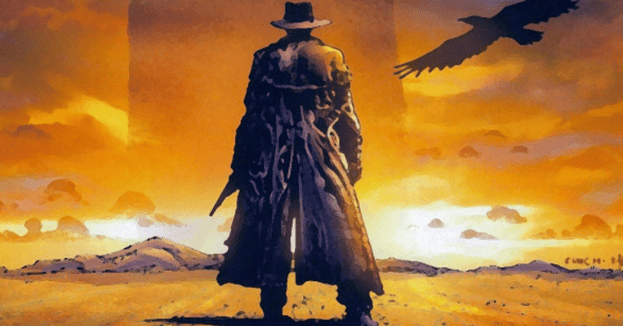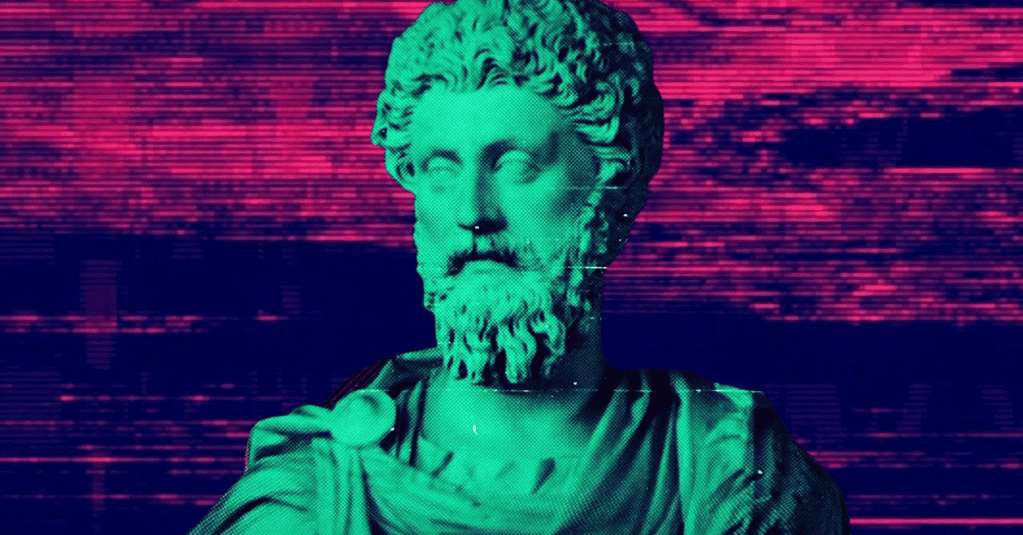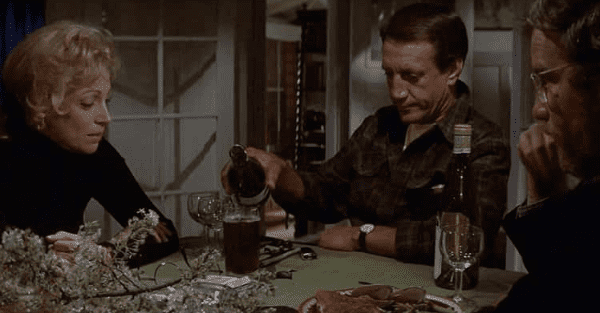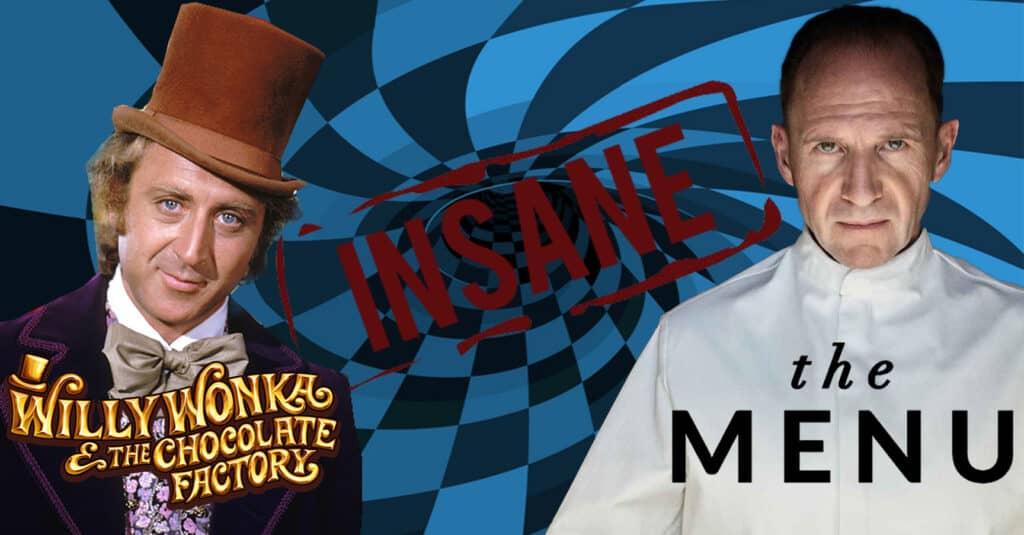A Cry in Silence: The Haunting Story of ‘I Have No Mouth & I Must Scream’
I Have No Mouth, and I Must Scream by Harlan Ellison Limp, the body of Gorrister hung from the pink palette; unsupported—hanging high above us in the computer chamber; and it did not shiver in the chill, oily breeze that blew eternally through the main cavern. The body hung head down, attached to the underside of the palette by the sole of its right foot. It had been drained of blood through a precise incision made from ear to ear under the lantern jaw. There was no blood on the reflective surface of the metal floor. When Gorrister joined our group and looked up at himself, it was already too late for us to realize that, once again, AM had duped us, had had its fun; it had been a diversion on the part of the machine. Three of us had vomited, turning away from one another in a reflex as ancient as the nausea that had produced it. Gorrister went white. It was almost as though he had seen a voodoo icon, and was afraid of the future. “Oh, God,” he mumbled, and walked away. The three of us followed him after a time, and found him sitting with his back to one of the smaller chittering banks, his head in his hands. Ellen knelt down beside him and stroked his hair. He didn’t move, but his voice came out of his covered face quite clearly. “Why doesn’t it just do us in and get it over with? Christ, I don’t know how much longer I can go on like this.” It was our one hundred and ninth year in the computer. He was speaking for all of us. Nimdok (which was the name the machine had forced him to use, because AM amused itself with strange sounds) was hallucinating that there were canned goods in the ice caverns. Gorrister and I were very dubious. “It’s another shuck,” I told them. “Like the goddam frozen elephant AM sold us. Benny almost went out of his mind over that one. We’ll hike all that way and it’ll be putrified or some damn thing. I say forget it. Stay here, it’ll have to come up with something pretty soon or we’ll die.” Benny shrugged. Three days it had been since we’d last eaten. Worms. Thick, ropey. Nimdok was no more certain. He knew there was the chance, but he was getting thin. It couldn’t be any worse there, than here. Colder, but that didn’t matter much. Hot, cold, hail, lava, boils or locusts—it never mattered: the machine masturbated and we had to take it or die. Ellen decided us. “I’ve got to have something, Ted. Maybe there’ll be some Bartlett pears or peaches. Please, Ted, let’s try it.” I gave in easily. What the hell. Mattered not at all. Ellen was grateful, though. She took me twice out of turn. Even that had ceased to matter. And she never came, so why bother? But the machine giggled every time we did it. Loud, up there, back there, all around us, he snickered. It snickered. Most of the time I thought of AM as it, without a soul; but the rest of the time I thought of it as him, in the masculine … the paternal … the patriarchal … for he is a jealous people. Him. It. God as Daddy the Deranged. We left on a Thursday. The machine always kept us up-to-date on the date. The passage of time was important; not to us, sure as hell, but to him … it … AM. Thursday. Thanks. Nimdok and Gorrister carried Ellen for a while, their hands locked to their own and each other’s wrists, a seat. Benny and I walked before and after, just to make sure that, if anything happened, it would catch one of us and at least Ellen would be safe. Fat chance, safe. Didn’t matter. It was only a hundred miles or so to the ice caverns, and the second day, when we were lying out under the blistering sun-thing he had materialized, he sent down some manna. Tasted like boiled boar urine. We ate it. On the third day we passed through a valley of obsolescence, filled with rusting carcasses of ancient computer banks. AM had been as ruthless with its own life as with ours. It was a mark of his personality: it strove for perfection. Whether it was a matter of killing off unproductive elements in his own world-filling bulk, or perfecting methods for torturing us, AM was as thorough as those who had invented him—now long since gone to dust—could ever have hoped. There was light filtering down from above, and we realized we must be very near the surface. But we didn’t try to crawl up to see. There was virtually nothing out there; had been nothing that could be considered anything for over a hundred years. Only the blasted skin of what had once been the home of billions. Now there were only five of us, down here inside, alone with AM. I heard Ellen saying frantically, “No, Benny! Don’t, come on, Benny, don’t please!” And then I realized I had been hearing Benny murmuring, under his breath, for several minutes. He was saying, “I’m gonna get out, I’m gonna get out …” over and over. His monkey-like face was crumbled up in an expression of beatific delight and sadness, all at the same time. The radiation scars AM had given him during the “festival” were drawn down into a mass of pinkwhite puckerings, and his features seemed to work independently of one another. Perhaps Benny was the luckiest of the five of us: he had gone stark, staring mad many years before. But even though we could call AM any damned thing we liked, could think the foulest thoughts of fused memory banks and corroded base plates, of burnt out circuits and shattered control bubbles, the machine would not tolerate our trying to escape. Benny leaped away from …
A Cry in Silence: The Haunting Story of ‘I Have No Mouth & I Must Scream’ Read More »

